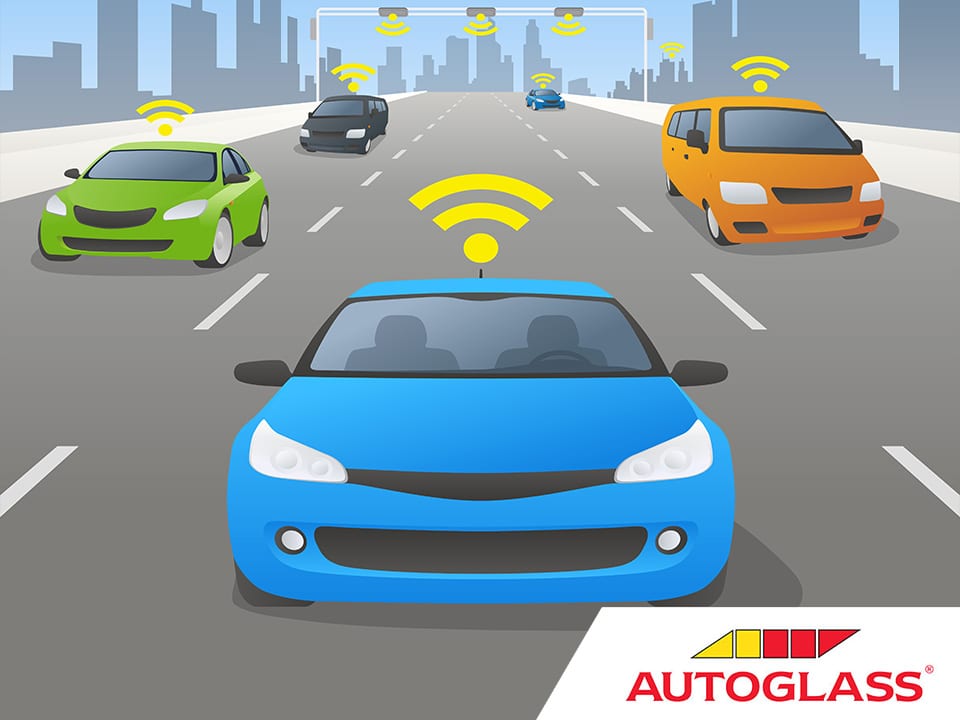
Road Safety Innovations Set to Come Into Play in 2018
Road accidents have continued to increase in Ireland and the UK in recent years, despite a whole host of regulations and campaigns intended to promote road safety and responsible driving. To curb this disturbing trend, greater consideration is being given to new road safety innovations and initiatives.
In the UK, approximately five people lost their lives on the road every month in 2016. The Department for Transport revealed that Great Britain recorded a total of 1,792 fatalities last year, an increase of 4% in road deaths from 2015 and the highest statistic in the last five years. Meanwhile, Ireland is going through the same ordeal, with a 150% increase in the number of road accidents in the past year. This rise is part of a broader trend that can be traced back through the past four years.
The Telegraph suggests that comprehensive studies on the causes of motor vehicle accidents have consistently pointed to driver error or slow reaction times, which accounts for 65% of fatal crashes. Other major causes within the umbrella of driver errors are failing to look properly, loss of control, entering a bend too fast and poor turning manoeuvres.
Foolish actions, such as exceeding speed limits or disobeying give-way and stop signs, make up the second leading cause of fatal accidents at 31%. Driver inexperience, recklessness, and aggression is the third leading cause at 28%, while the fourth category is driver impaired or distracted driving, which accounts for 19.6% of all fatal accidents. This includes accidents caused by drunk, drugged, and distracted driving.
Innovative government initiatives
In response to the alarming rise in motor vehicle accidents, and as supplemental initiatives to more conventional regulations and educational campaigns, governments are beginning to introduce more advanced solutions for road safety in Ireland and the UK.
One such measure is a proposal to create a connected corridor or ‘Wi-Fi road’. Albeit still under development, Highways England shares that the system would allow infrastructure to communicate with cars and vice versa. For instance, roads can notify cars about upcoming road works or congestion and recommend changing lanes or routes. On the other hand, the systems can also potentially allow cars to communicate with each other to warn others regarding emergency breaking wirelessly and instantly. The end goals include reducing congestion, cutting carbon emissions, reducing driver reaction times, and making roads safer for drivers and pedestrians alike.
New road safety innovations for commercial driving include, blind spot detection systems and 360-degree cameras, which minimise the longstanding dangers of blind spots in trucks and larger vehicles. Other manufacturers are already testing a rear screen for trucks, which act as a window to the road in front. The aim is to aid cars behind looking to overtake the large vehicles. In addition, Wired Magazine reports that the UK is leading the way for platoons of driverless trucks, which aim to minimise driver error in convoys and reduce large vehicle carbon dioxide emissions by up to 10%. The initiative is part of a larger UK commitment to make safer, driverless cars mainstream by 2021.
In addition, the Irish government is looking into the use of breathalysers to prevent people from driving under the influence of alcohol. The interlock ignition technology can render vehicles unusable for an hour if a driver’s breath indicates that they have more than the legal amount of alcohol in their system.
Road safety innovations across the globe
Globally, one of the most exciting road safety innovations is the development of solar roadways. The idea, which is being tested in France and the United States, involves having roads with smart road tiles, which can generate solar energy, melt snow, direct traffic, and in the future, even drive cars. The idea is to use thin, heavy-duty, and skid-resistant tiles to make roads safer, better connected, and more environment-friendly.
Across the Atlantic, a combination of policy and innovation is making a difference in preventing driver exhaustion in the United States. In 2015, the US government ruled that commercial fleets should be equipped with Electronic Logging Devices to monitor and limit their drivers’ maximum hours of service (HoS). Fleetmatics explains that the app connected to the devices would notify drivers and management teams whenever a driver is about to reach his or her HoS. This way, public and private sectors can work together to limit cases of driver fatigue, which has been found to affect a driver’s performance and reaction time.
In addition, Belarus, a transit country, is leading the way for truck safety and road maintenance through a user-based approach for collecting reliable, standardised, and timely data on road conditions and traffic volume. By equipping truckers with a smartphone app that automatically records valuable road information, government agencies are able to receive data and create actionable solutions for maintenance and road safety concerns with less time and a fraction of the cost.
Other countries are focusing on road safety education through technology. For instance, Singapore is launching virtual reality experiences for children to learn more about road safety and responsible driving.
With governments in Ireland, the UK and the rest of the world working hard to find solutions and exploring new road safety innovations, to reduce the number of accidents and motor vehicle fatalities, safer roads might just be possible in the years to come.
Exclusively submitted to Autoglass® Ireland, by TechGear_RJ
TechGear_RJ
TechGear_RJ runs a shop of secondhand cars and a rental service business. As an advocate of road safety, she’s involved with different NGOs through writing and speaking engagements. You can read more of her work here.
Book an appointment now
For a quick and easy way to make an appointment book online now.

